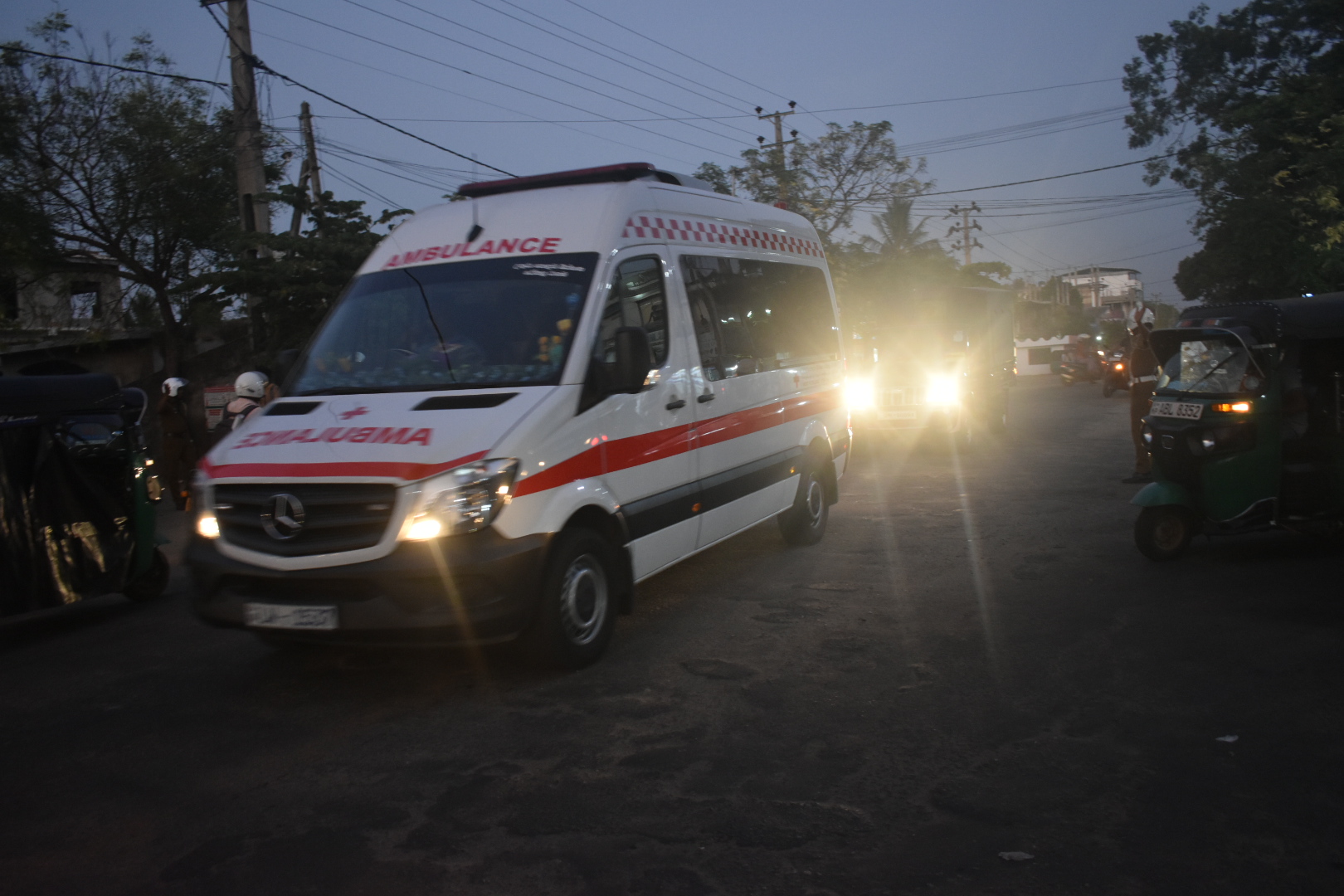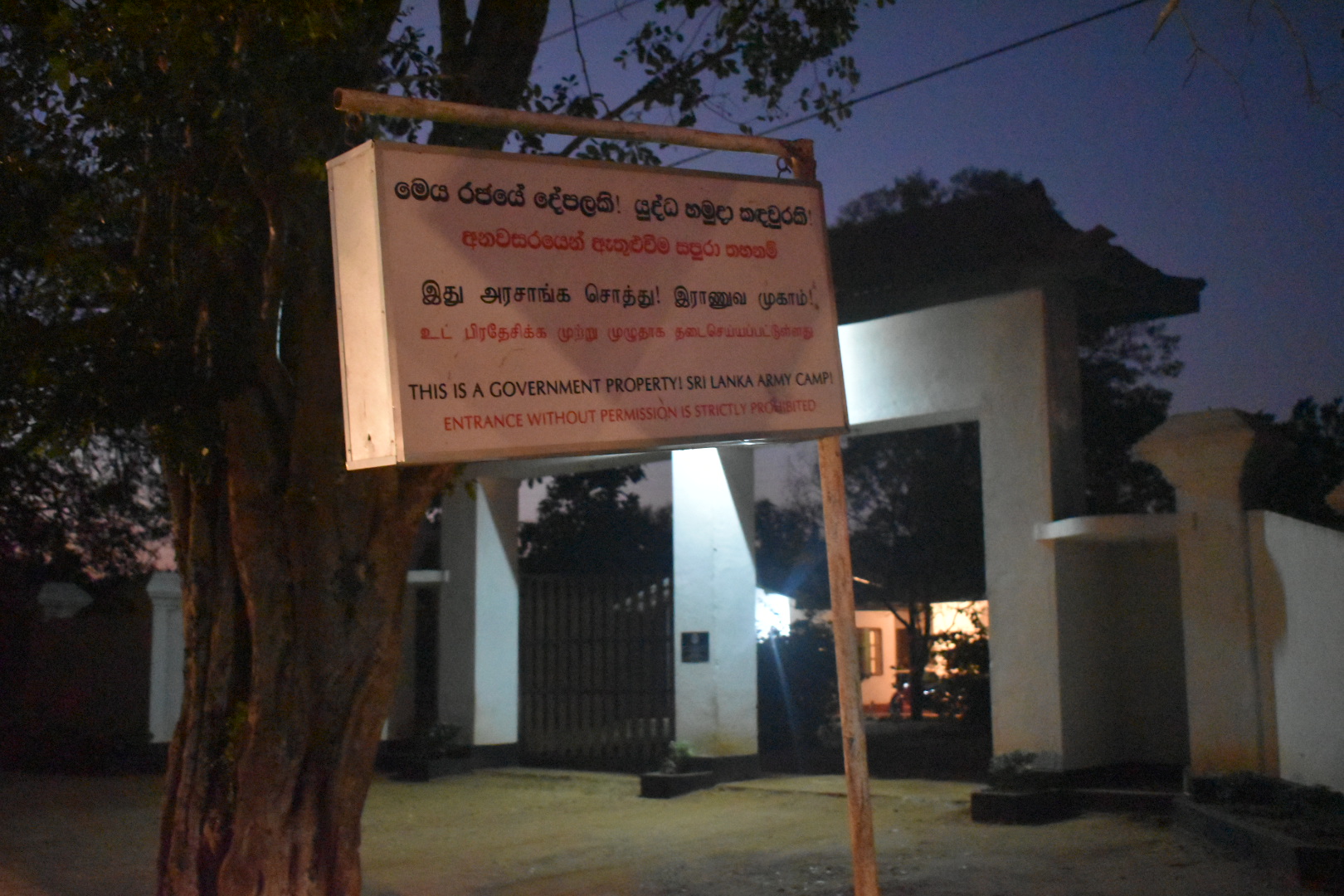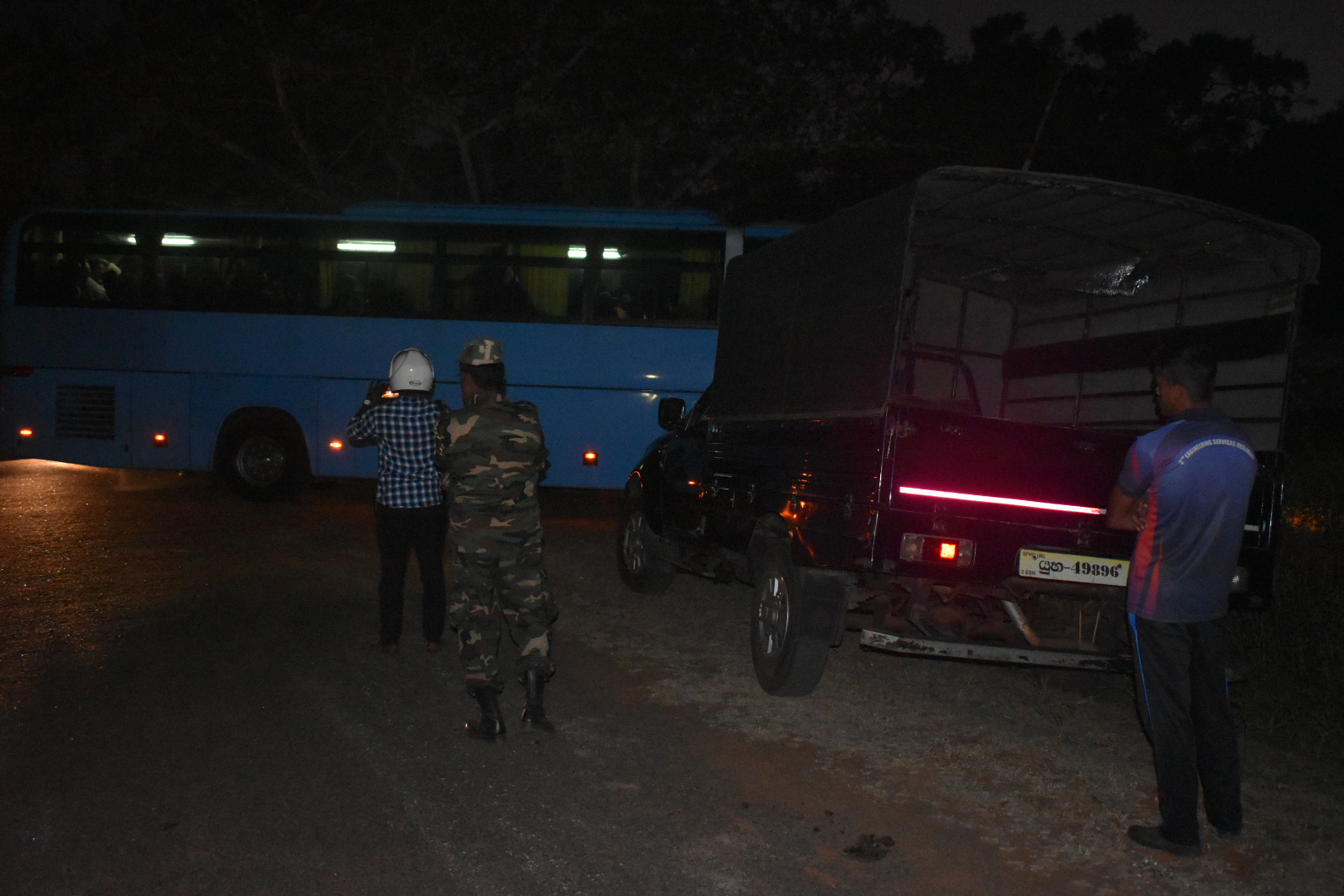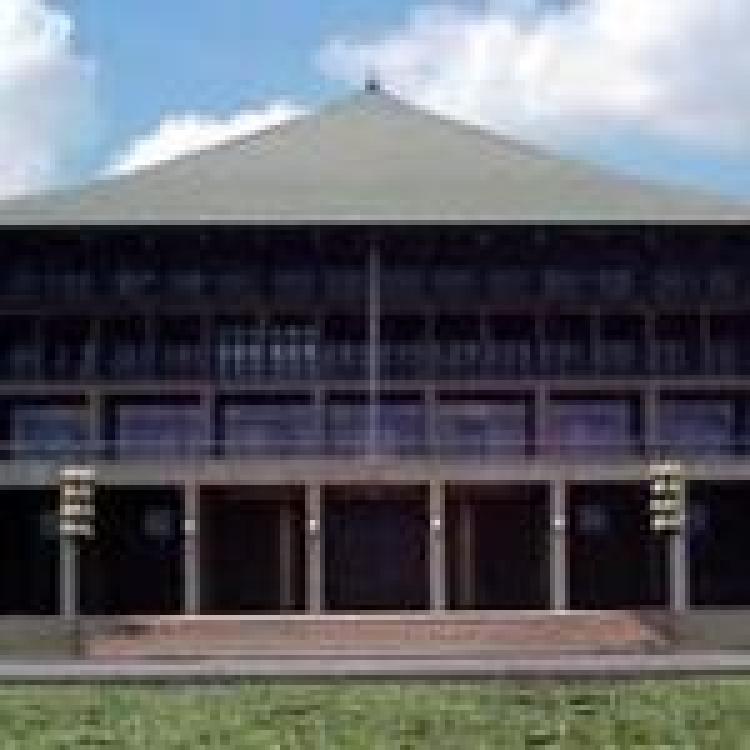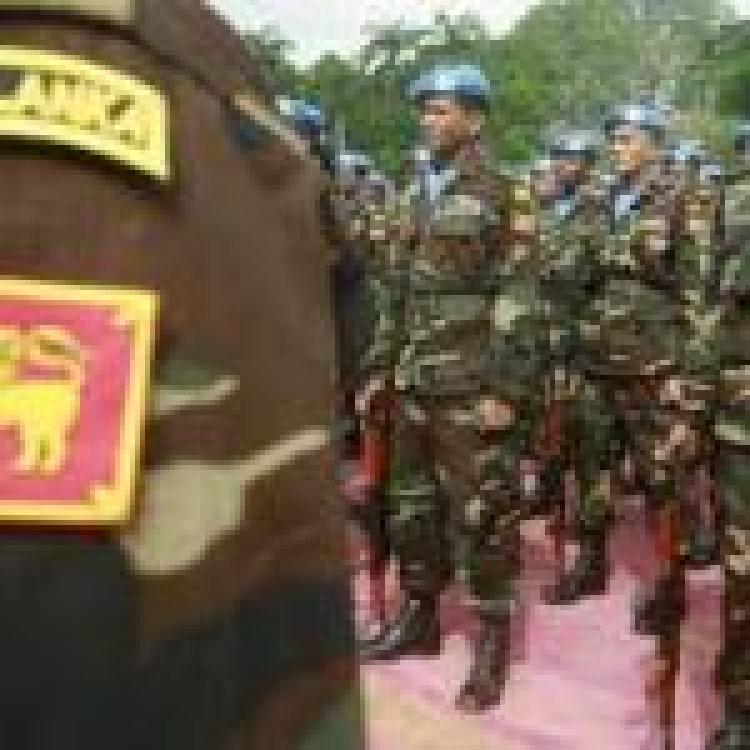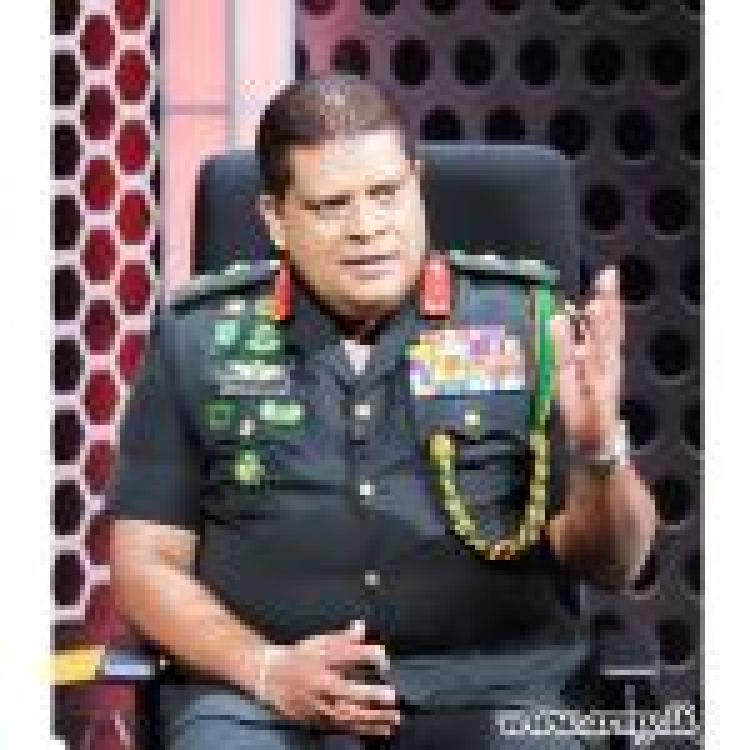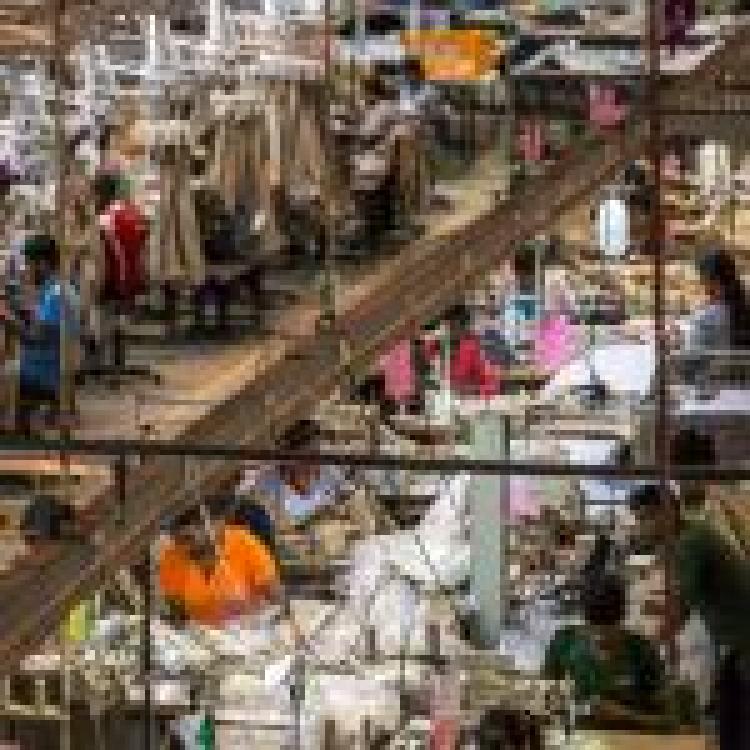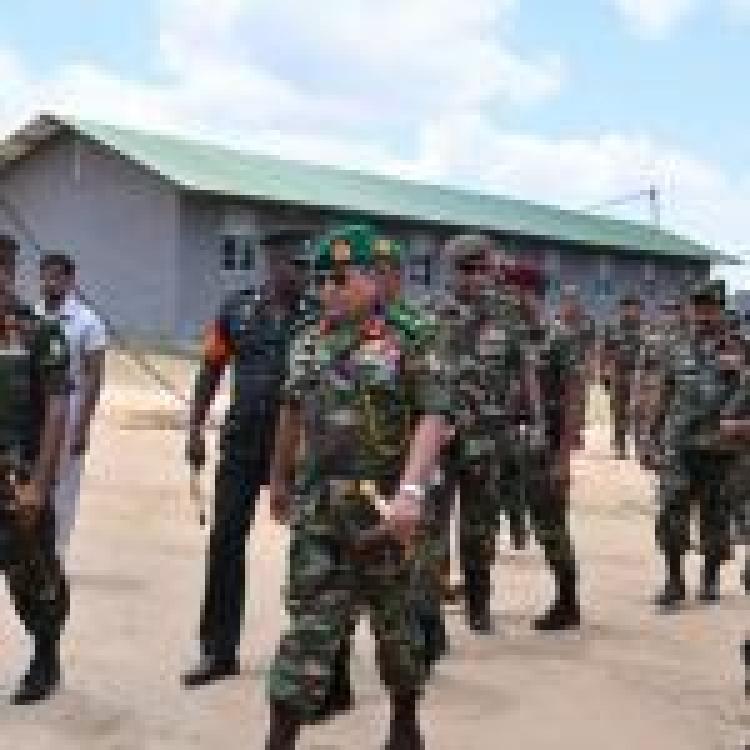The Sri Lankan military has begun quarantining foreign arrivals in detention centres hundreds of miles away from Colombo and in the Tamil North-East, as part of moves to tackle the spread of the coronavirus despite public health concerns and Tamil opposition.
In Vavuniya, the Sri Lankan army began quarantining arrivals from abroad by sending them to the Pampaimadu Army Camp.
The Sri Lankan military was seen escorting both coaches and ambulances to the army camp earlier today. At least 265 persons are reported to have been brought to the camp today, with some of them being sent to the Eastern Province for further quarantine.
The move to quarantine foreign arrivals, who will have entered the island through Colombo’s international airport, hundreds of miles into the North-East has triggered widespread concerns from both doctors and local politicians.
By forcing those in isolation to travel so far from their point of entry, there was a risk that further spread could occur said one clinician. If any positive coronavirus cases were discovered in those detention centres, there were also concerns over how local health systems - which after decades of armed conflict still lag behind those in the south - could cope with an outbreak.
“Hambantota airport is not used for general journeys and it is the ideal place for detention and monitoring of the aircraft,” said local community medicine specialist Dr Murali Vallipuranathan. Sri Lanka has what has been dubbed the ‘world’s emptiest airport’ in Hambantota, built with Chinese loans during the presidency of current prime minister Mahinda Rajapaksa in his home district. “However, the choice of the Batticaloa detention centre near the main road, which is very crowded, away from the airports, has raised many doubts,” added Dr Vallipuranathan.
TNA member Selvam Adaikalanathan echoed those concerns, telling reporters “why is the government not taking steps to set up such camps in Hambantota or Galle?”.
The detention centres themselves have come under fire, having been set up and constructed by the Sri Lankan army. The military has also looked to take over buildings such as Batticaloa Campus Private Limited, a private university.
Shavendra Silva, the head of the Sri Lankan army who is currently subject to US travel sanctions, toured one such facility this week, which contains bunk beds and close living quarters. The setup comes despite global warnings that spending 15 minutes within 2m (6ft) of someone with the virus, or having face-to-face contact, is judged as close contact and carries a significant risk of transmission.
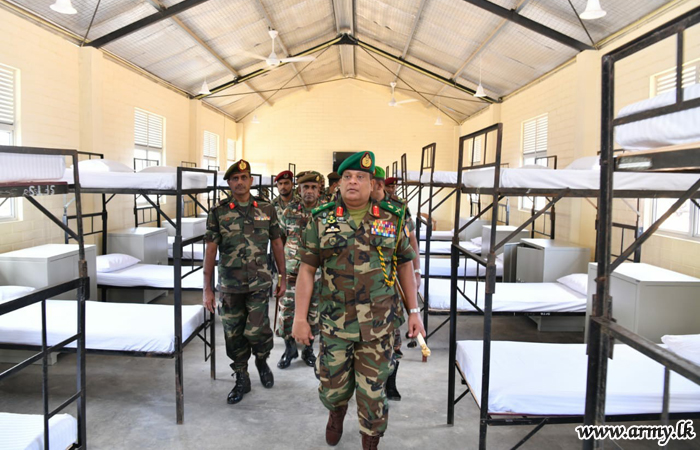
Sri Lanka’s health ministry confirmed that it has identified 5 patients with the coronavirus so far, with fears that the numbers may grow in weeks to come.

